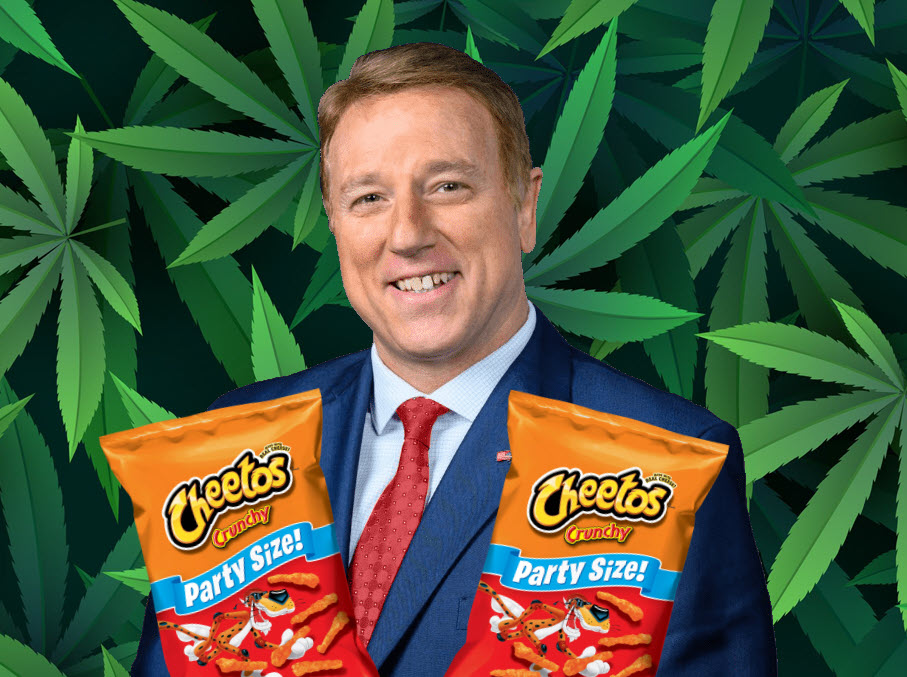
 In a recent monologue, late-night host Jimmy Fallon sparked controversy with his remarks regarding individuals receiving federal benefits. The comedian suggested that these individuals should “get off the couch, stop eating the Cheetos, stop buying the medical marijuana, and watching television.” However, his comments have been met with widespread criticism for perpetuating negative stereotypes about those in need.
In a recent monologue, late-night host Jimmy Fallon sparked controversy with his remarks regarding individuals receiving federal benefits. The comedian suggested that these individuals should “get off the couch, stop eating the Cheetos, stop buying the medical marijuana, and watching television.” However, his comments have been met with widespread criticism for perpetuating negative stereotypes about those in need.
Fallon’s words have been deemed as insensitive and out of touch with the reality of those who rely on federal benefits. Many have pointed out that his remarks only serve to further stigmatize and shame individuals who are already facing financial struggles. Instead of offering empathy and understanding, Fallon’s words only add to the societal pressure and judgment faced by those in need.
Furthermore, Fallon’s use of specific items such as Cheetos and medical marijuana only adds to the stereotype that those receiving federal benefits are lazy and spend their money on frivolous things. This type of language only serves to further divide and dehumanize individuals who are already marginalized.
It is important to recognize that individuals receiving federal benefits are not a monolithic group. They come from diverse backgrounds and circumstances, and their need for assistance is not a reflection of their character or worth. By perpetuating negative stereotypes, Fallon’s remarks only serve to further marginalize and devalue these individuals.
In response to the backlash, Fallon has issued a statement apologizing for his comments and acknowledging the harm they may have caused. However, it is crucial for public figures to use their platform responsibly and refrain from perpetuating harmful stereotypes, especially when it comes to issues of poverty and social welfare.
In conclusion, Fallon’s remarks about individuals receiving federal benefits have been rightfully criticized for perpetuating negative stereotypes and further stigmatizing those in need. It is important for us to challenge and reject these harmful narratives and instead offer empathy and support to those who are struggling









